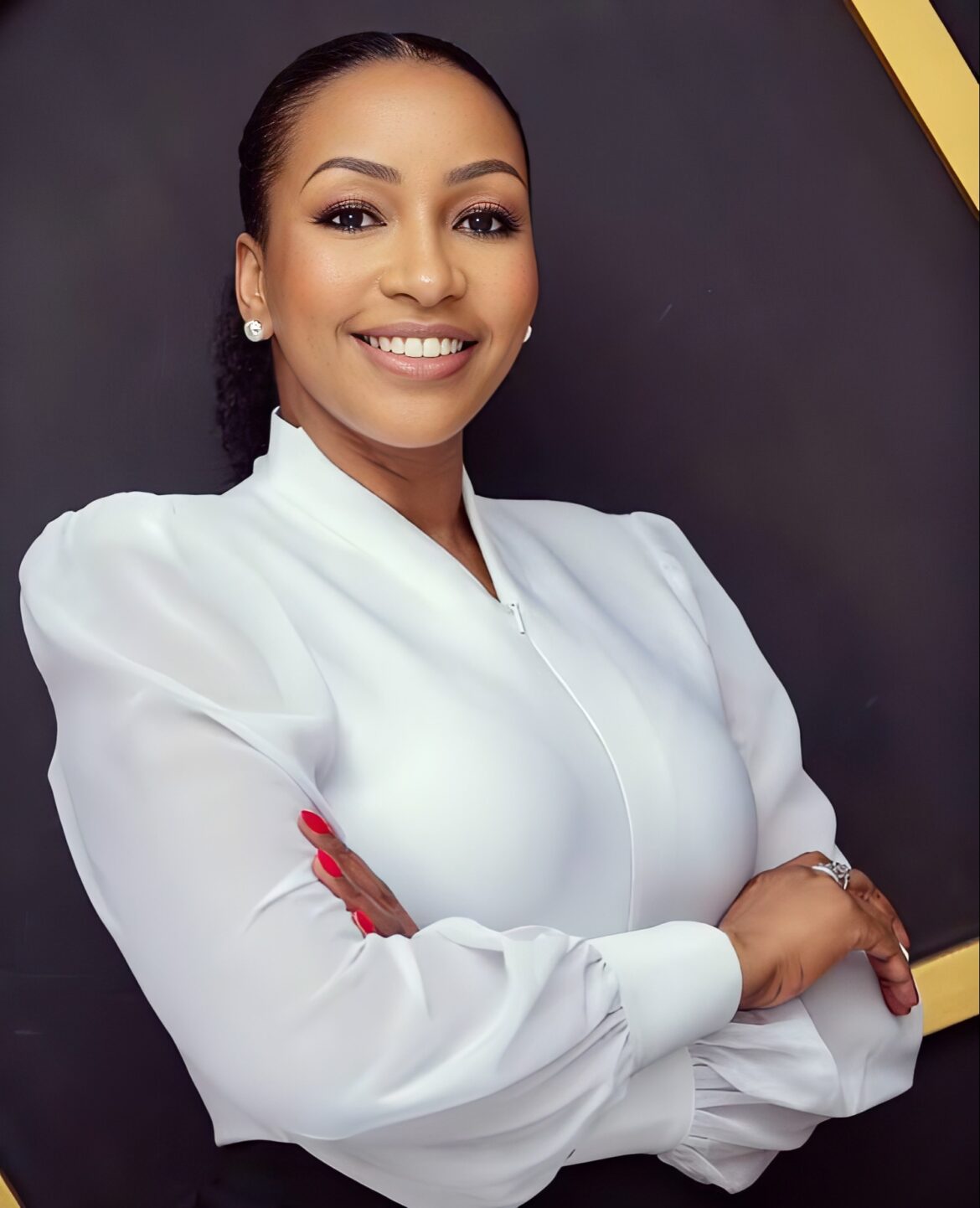Faraja Nyalandu creates digital education platforms and women-focused entrepreneurship hubs, empowering Tanzanian youth and girls.
When Faraja Nyalandu founded Shule Direct in 2013, she was building a bridge to make quality education accessible to every Tanzanian child, whether in school or not. Before that turning point, the founder had trained and worked as a lawyer, holding both an LLB and an LLM in Human Rights and Migration.
Her legal background exposed her to the deeper structural issues behind inequality – especially how access to education determines opportunity. Over time, she realised that one of Tanzania’s biggest challenges wasn’t just the lack of schools, but the lack of equitable access to learning itself. That realisation pushed her beyond law and into social entrepreneurship, where she could use technology to reach the students traditional systems had left behind.
That idea became Shule Direct, now one of Africa’s most impactful digital learning platforms. It digitises Tanzania’s national curriculum, delivering localised lessons, videos, tutorials, quizzes, and life skills education through web, mobile, SMS, and offline systems. Every piece of content is created by experienced Tanzanian teachers and approved by the Tanzania Institute of Education to meet national standards.
Today, the platform reaches over 4.6 million learners across Tanzania. Its mobile app has been downloaded more than 310,000 times, while 200,000 students rely on its SMS service for offline learning. Over 60,000 teachers are registered on the platform, and more than 100 schools are fully integrated into its system.
Shule Direct has been named Tanzania’s Best Education Platform by the Tanzania Elimu Awards, received the Hall of Fame Award from the Tanzania Leadership Awards, and earned the Builders of Africa’s Future Award. It is also officially endorsed by the Tanzanian government as an eLearning partner, marking a national shift toward digital learning as part of mainstream education.
Nyalandu’s vision also extends beyond education. She is also the founder of Ndoto Hub, Tanzania’s first innovation space for women entrepreneurs. The hub offers mentorship, training, and resources to help women establish and sustain their businesses.
She equally serves as Teaching and Learning Thematic Lead for the Regional Educational Learning Initiative (RELI), has been part of the World Economic Forum’s Expert Network and its Global Future Council on Education, Gender and Work, chairs the Tanzania Education Network, and sits on the boards of Ubongo Learning and the Institutions for Inclusive Development.



